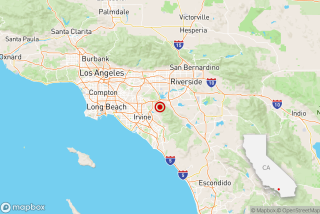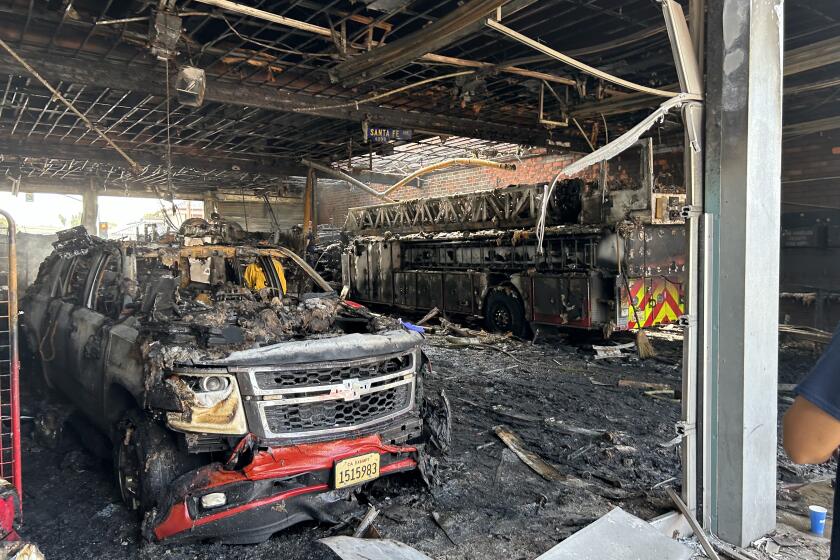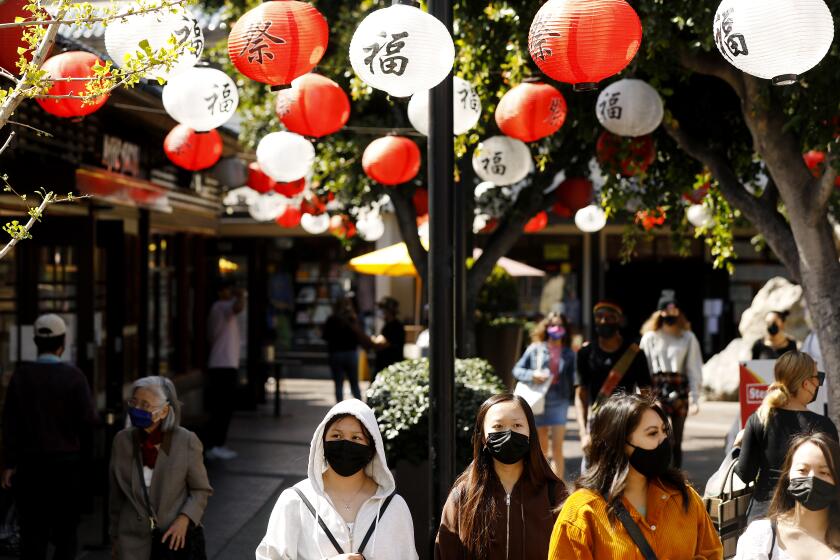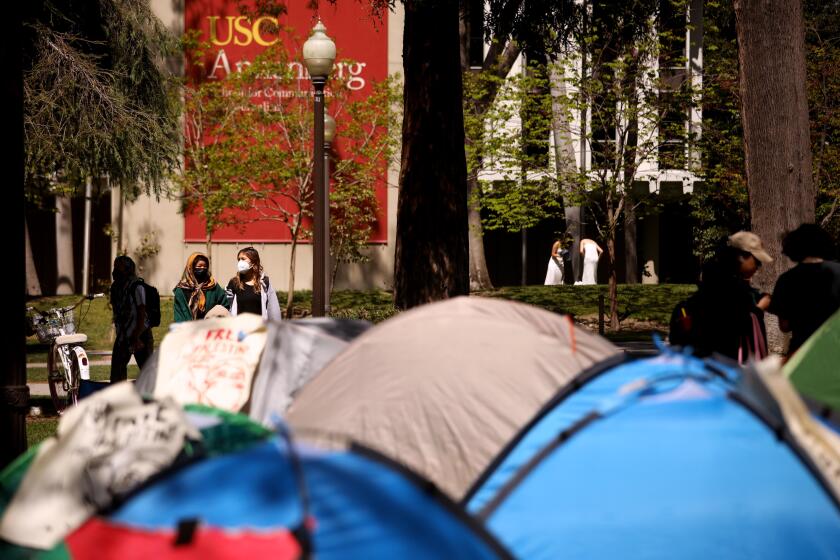Barsi Probe : Judge Asked to Reveal Files on Slain Child
A watchdog agency went to court Tuesday to force the Los Angeles County Department of Children’s Services to open its child-abuse files on Judith Barsi, the 10-year-old actress who was killed by her father last month.
Judith and her mother, Maria Barsi, were shot and killed in their West Hills home, a day or two before July 27, by Jozsef Barsi, who set the house on fire and shot himself. It was revealed later that the Children’s Services department had closed its investigation a month before the killings.
Nancy Daly, chairwoman of the Commission for Children’s Services, an advisory body to the Los Angeles County Board of Supervisors on children’s issues, said the department turned down its request for the file Monday. The department cited privacy issues, Daly said.
First Such Request
As a result, the commission on Tuesday petitioned Juvenile Dependency Court Judge Kathryn Doi Todd to review the documents, the first time in its four-year history that the commission has asked to intervene in such a way.
Daly said the commission has broad concerns about “the criteria for closing a case.”
Although the department declined to reveal details, several sources involved in the inquiry have said the case was closed although no one had warned Jozsef Barsi that his behavior had come to the attention of authorities. Neighbors and friends said Maria and Judith Barsi frequently discussed Jozsef Barsi’s death threats against them.
The case was also closed, according to those sources, without informing the psychologist treating Judith for distress, reportedly associated with the abuse. The girl pulled out all her eyelashes, as well as those of her cat, and became hysterical during an audition.
A department spokeswoman said Maria Barsi had formulated a plan to escape from the home, so the department was willing to let her carry it out. She rented an apartment in Panorama City, but hesitated to move into it, apparently because she did not want to lose the family home.
Questions still remain, Daly said, about the role played by the department’s heavy workload, which piles scores of cases on a single worker. The case worker who dealt with Judith Barsi went into seclusion immediately after the deaths, according to associates.
More to Read
Start your day right
Sign up for Essential California for news, features and recommendations from the L.A. Times and beyond in your inbox six days a week.
You may occasionally receive promotional content from the Los Angeles Times.






